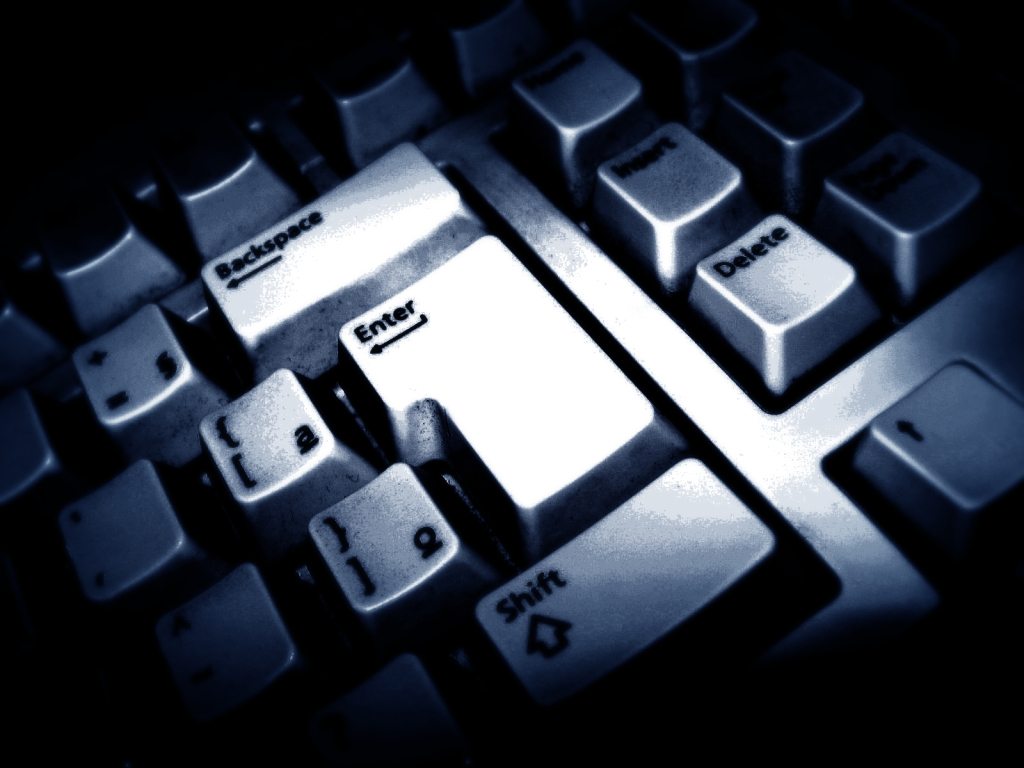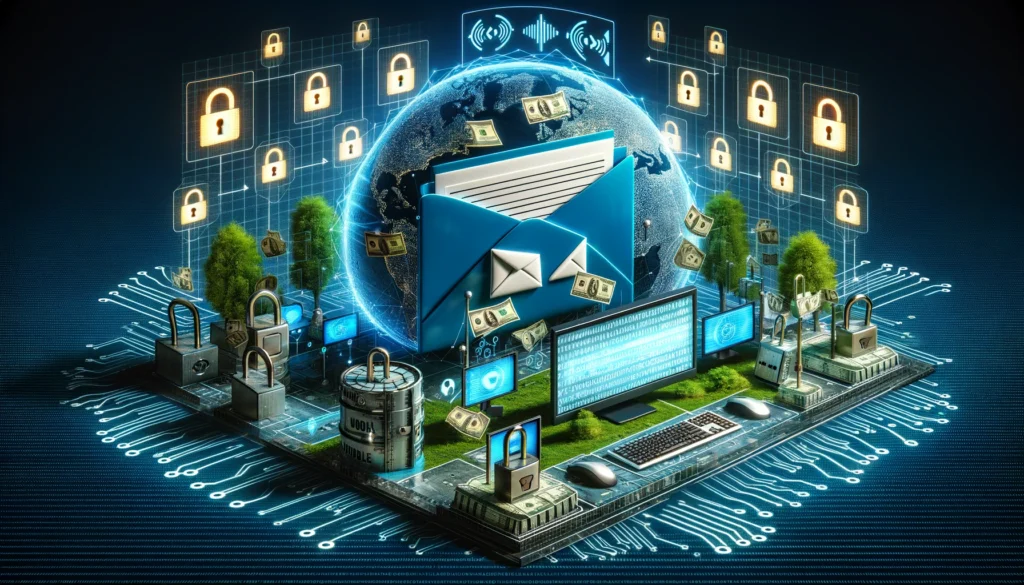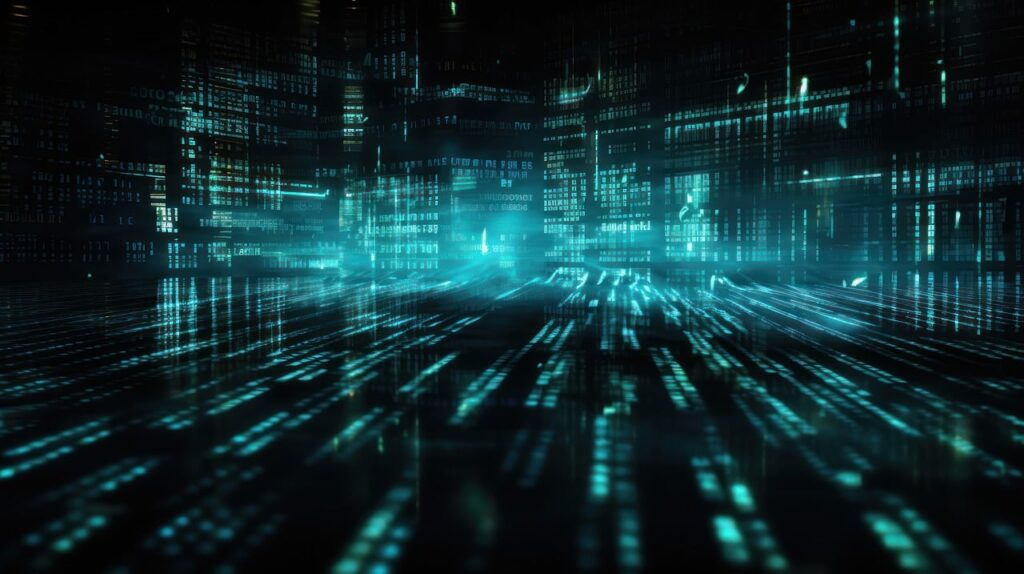Immediately after 9/11, the U.S. Congress cobbled together a bill called the USA Patriot Act, a grab bag of goodies the intelligence community had long craved. The intent was to remove limits in the gathering and use of intelligence on our enemies at home and abroad.
To oppose the Patriot Act was, well, unpatriotic, and it passed both houses of Congress rapidly and with little dissent. President George W. Bush signed the bill into law within sixty days of 9/11.
There were definitely problems that needed to be addressed. For example, prior to 9/11, intelligence agencies were “stovepiped”—they didn’t share information with one another because they didn’t have the capacity to share information with one another.
After Al Qaeda struck, FBI offices around the country were reduced to faxing—remember faxing?—photos of suspects, because they didn’t even have the capability of sharing photos by any more technologically advanced means.
The Patriot Act engendered huge civil liberties debates in this country (if not in Congress). Those debates boiled down to one basic argument: What good are civil liberties if there’s nothing left of your country but a smoking crater?
Fast forward two wars and thirteen years. America now has a war that pretty much all of us can get behind.
That’s unlike the Iraq War, where Saddam Hussein might have been a bastard but for many years he was our bastard, and the Afghanistan quagmire, where our attempt to move people out of the 12th century has been met with derision and failure.
Intriguingly, this time around, there are practically no voices of concern regarding any new governmental intrusion on our civil liberties as America gears up to fight ISIS.
Our attitude this time around is one of weariness.
“Do whatever you have to do,” Americans are essentially telling their government. “Don’t worry about civil liberties. Just take these guys out.”
If the conversations, travel arrangements, banking habits, and social media feeds of average Americans are under more scrutiny by the usual suspects—the FBI, the CIA, the NSA, and for all I know, the EIEIO—it doesn’t seem as though anyone is particularly bothered.
So what changed?
Thirteen years ago, “social” meant hanging around with your friends and “media” was something you either watched or got your news from.
Today, social media is the means by which most of us stay connected with everyone who currently is or ever has been in our lives, from grade school to the present.
The Internet has also become ubiquitous. It wasn’t too many years before 9/11 that many people would not shop online, either because the process was too bulky and annoying, or because we simply did not trust the idea of putting credit card data onto a website.
The combination of social media, web browsing, and online shopping has essentially robbed Americans of the privacy they once took for granted.
It wouldn’t be hard for a moderately sophisticated hacker to put together a day in the life of just about anyone. Where you browsed online. What you said to your friends, on the phone or in an email or text. What you bought. What naughty videos you viewed. And so on.
Information about each of us is bought and sold daily.
[inlinetweet prefix=”” tweeter=”” suffix=””]We have casually accepted a previously unimaginable level of intrusiveness in our lives[/inlinetweet] in exchange for the ease and speed offered by shopping online or using Instagram or Facebook.In other words, privacy meant something thirteen years ago, but no longer.
Today, we don’t have it, and it appears that we don’t miss it all that much.
In a recent Jack Reacher novel, author Lee Child observes that if the U.S. government had decreed that all Americans were required to carry devices in their pockets or purses that identified where they were, the civil liberties outcry would’ve been enormous.
Instead, everybody got a cell phone, and the government was free to snoop as it saw fit.
And that’s where we are today.
As we enter this third war in thirteen years, we seem to have no interest at all in a civil liberties debate. Let the government do whatever it needs to do. Let it snoop with impunity if it prevent another 9/11. Don’t bother me—I’m on Facebook.
They used to say that in war, truth is the first casualty.
No longer.
[inlinetweet prefix=”” tweeter=”” suffix=””]Today, the first casualties of war are privacy and civil liberties[/inlinetweet], but it seems that for most of us, these losses aren’t just acceptable; at this point, they don’t even feel like losses.- What we really lost after 9/11 - October 14, 2014



